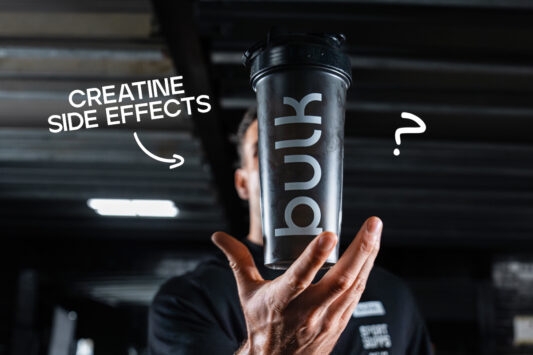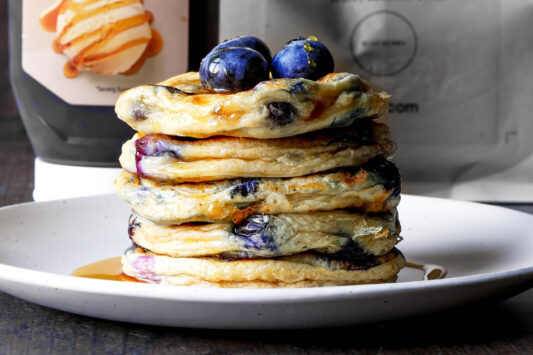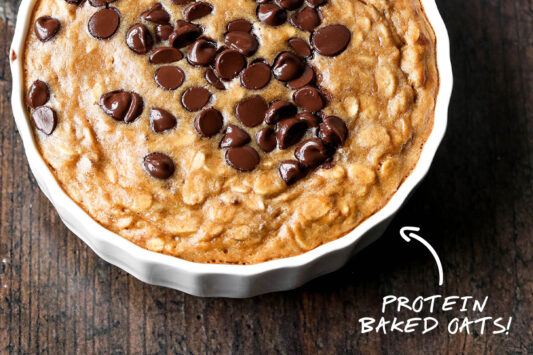Time and time again I assess client’s diet plans and see that they’re on some kind of meal replacement plan. It will include low calorie shakes and perhaps one meal per day (if that). So when I learn they’ve had some rapid weight loss, but now seek a plan to progress due to stalling and feeling weak it is not at all surprising. In this blog I will explain why this is.
From caveman times, the human body has been brought up on foods that roam the land, swim in the sea and grow from the earth. Most of our digestive system deals with this very well, taking up sufficient nutrients from quality food sources. Yes, we now live in a world full of convenience – and people often want that quick fix – but if this quick fix causes you to take a big step backwards, is it really worth it?
When an individual goes from eating solid foods to drinking two shakes per day (usually containing around 200 calories), and just one solid food meal per day – what effect does this have on your body? The rapid weight loss is usually a drop of water, which you may have been holding from eating sugar in your diet regularly. Secondly, and the more likely cause, is a loss of glycogen (stored energy from carbohydrates) from your muscle cells and liver. This will leave your muscles feeling pretty empty after a couple of weeks – much sooner if you’re exercising at the same time.
The larger build you are, the more glycogen you can carry in your muscles, but this can contribute to considerable weight. I often see people do these kind of diets for 5-6 weeks, lose about 8-10lbs and, due to feeling like rubbish, they have a short break and revert back to normal foods. It is at this point that all the weight goes back on (if not more). The individual is left disappointed, confused and nowhere near their desired goal. As soon as you revert back to some normal food sources your body will want to store that glycogen back into the muscles as quickly as possible – your system will be in a state of stress, as a result of consuming such low calories. This kind of diet approach has such negative effects on our hormones, which could see an increase in cortisol levels (a stress hormone that’ll break down tissue in the body including muscle tissue). Starving yourself of quality calories and enduring a severe calorie deficit can lower your leptin hormone levels, which can stall your fat loss instantly.
If it was possible to shock your body with a low calorie diet and wake up ripped in two weeks, it’s safe to assume that everyone would have done it by now. This type of diet approach will negatively affect your performance too – most glucose in the blood is utilised by the brain, so your concentration levels could suffer as a result. If you put exercise into the mix with a diet like this, fully expect your body to go into shock. Recovery will be poor, muscular endurance will suffer and cardio workouts will push you further into a calorie deficit – resulting in stress levels rising and fat loss to stall.
A lot of people still fall for these kind of diets, because they step on to the scales after a week or so and see a reduction in weight. “Great success!” you may think, but what have you actually lost? I would suggest water and glycogen weight, and not much body fat at all.
So, how do you achieve your desired goal?
It’s no secret, but all you need to do is incorporate a little patience and a sensible training and nutrition approach to achieve long term, healthy results that are sustainable. Depending on your activity level, work out your metabolic rate (use an online calculator as a guide) and how many calories you are consuming through a balanced diet. Ensure your calories burned per day are more than you are consuming through diet, making sure you’re in a deficit of about 300 calories per day. After one week take your measurements, weigh in and look at yourself in the mirror. Then, week by week, amend your calories up or down in conjunction with your activity levels, to progress your fat loss goals gradually.
It really is as simple as that. The human body does not react well to severe changes, as it ends up trying to protect itself or over compensate in various ways, which usually ends up going against what you are trying to achieve.
Another key point is that our digestive systems aren’t geared up to function around solely liquid nutrients. If over time you maintain this approach, when you revert back to solid foods – or have a cheat meal, for example – your stomach would have probably shrunk. By suddenly increasing your solid foods, this may cause some discomfort.
In summary, I advise thinking of the bigger picture. A quick fix is no good when it comes to achieving decent sustainable results. If you look after your body it won’t be in such a state of shock, and may provide you with the real results you really wanted in the first place.
About the Author
Ben Rowe is the Lead Coach at Team Benbo Body Coaching. Team Benbo have over 10 years of experience in the fitness industry, sharing their in-depth knowledge around Sports Specific Training, Nutrition, Online Coaching and Competition Preparation.















